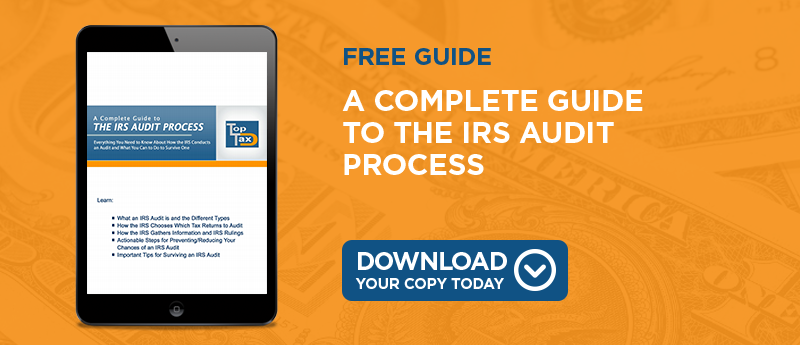
Are you in the process of starting up a new business? You're probably feeling both excited and overwhelmed at the prospect of having your own company. While you might be optimistic now, though, it's wise to prepare for the inevitable financial recordkeeping you'll have to undertake along the way. Part of this is beginning your company on the right financial foot at the very start. Doing so will make your reporting at income tax time much easier. Here are a few income tax advice pointers for new businesses.
1. Choose the appropriate business structure.
The first thing is to decide how you should classify your business. According to the tax code, your company can be a sole proprietorship, a partnership, an S-corporation, a corporation, or a limited liability company. However, you can't assume that your business will be a sole proprietorship just because it's a small enterprise. Similarly, you can't assume that you should classify as a partnership simply because you have one business partner. You'll need to read up on the IRS guidelines to make sure that you select the appropriate structure.
2. Decide what accounting year to follow for your records.
Will you be using the calendar year to keep up with your records or will you adopt a fiscal accounting year? Generally, entrepreneurs might decide to base this on the month in which they set up shop. So, if you launch your company in January, you might naturally follow the calendar year. But, if you were to start your business in July, you might decide to follow a fiscal year that begins on July 1 and ends on June 30 of the following year.
3. Select an accounting method and stick with it.
The IRS recognizes two different accounting methods for companies: cash and accrual. Most small businesses tend to follow the cash accounting method, which states that you would count your income and expenses at the time they are either received or paid out. Typically, the cash accounting basis is the easiest to follow, since it relates to actual receipts.
On the other hand, some companies might decide that the accrual accounting basis works better for them. Under this method, you would count your income and expenses at the time they are earned or incurred. This means that you would include income as soon as you send out your invoice, not after the payment is received. Similarly, you could deduct expenses as soon as you get the bills, instead of when you actually paid your vendors.
This income tax advice for new businesses is just the tip of the iceberg when it comes to financial recordkeeping. However, beginning with these three steps will help to simplify some of the later actions you'll have to take.




